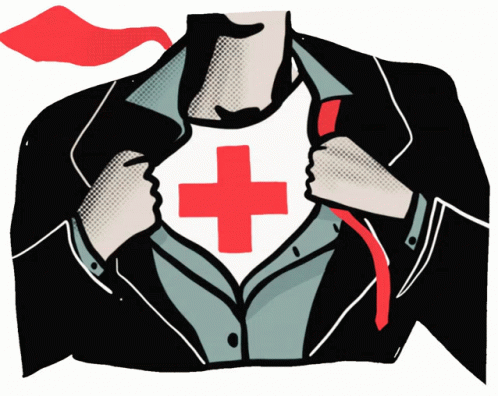Foreign aid has been the world's response to impoverished countries for many years. It started with movements like the Marshal Plan with the idea that if you give countries infrastructure, electricity, and education it will spark the process of economic development in that country. This worked for the Marshal plan in efforts of rebuilding Europe's economy after WWII and became the example for foreign aid around the world. The documentary “Poverty Inc.” argues that this type of foreign aid is destroying the economies of impoverished countries and is making them dependent on the aid of other countries instead of providing for themselves.
The documentary illustrates the effects foreign aid has on the economies of impoverished countries and how government agencies and charities have created a global poverty industry. It claims that the subsidizing of certain materials such as rice is destroying the small businesses and the independent spirits of the people in impoverished countries. I found it interesting how what we might look at as good, such as donating clothing and food to countries in need, is actually doing more bad than good. Donations and subsidizing create a surplus of free products in these countries drowning out small local businesses. Free goods might seem good as a short-term solution and yes certain situations such as natural disasters call for immediate action, but in the long run, this surplus of supplies kills the businesses selling those supplies locally in their own community. The documentary described a perfect example of this. A member of an impoverished community bought hens to sell eggs to his community. Shortly after a shipment of free eggs donated by a church suddenly showed up creating a surplus of eggs in the community and forced the man to sell his hens. Eventually the eggs ran out and the man had already sold his hens leaving the community without eggs. This concept is a perfect example of how charity and government organizations can affect small businesses.
Toms shoe company is an example of Entrepreneurship in the global poverty industry. The companies mission was to supply shoes for kids in need around the world. Their promise was to supply a free pair of shoes to someone in need for every pair of shoes bought. The seen aspect of this looks good, but the unseen aspect is the local shoemaker this is putting out of business. The documentary keeps going back to the idea that impoverished countries are not in need of charity but instead in need of entrepreneurial capitalism. They need to learn how to supply for themselves instead of relying on other countries to supply products for them. That is the only way they will climb out of poverty. Society looks at donating a charities as a good thing and yes when a country is in desperate need for aid it’s out job to supply them with it but not to the point where they get reliant. People don't see the unseen affects of their charity. They don't see the farmer or small entrepreneur they put of of business with the surplus of materials. Entrepreneurial capitalism is the solution to poverty around the world. This idea idea is perfectly explained with the saying you give a man a fish he eats for a day, you teach a man to fish he eats for the rest of his life. Entrepreneurial capitalism will create jobs and instill a independent mindset in these communities.
Foreign aid is hurting the economies it’s supposed to help. Entrepreneurial capitalism is the solution. There’s no choice but entrepreneurship it is required to build an economy. Societies thoughtful donations cannot keep killing these small businesses and overall economy of that country. The dependency mentality has to stop and entrepreneurship has to take over before global poverty can be solved.
